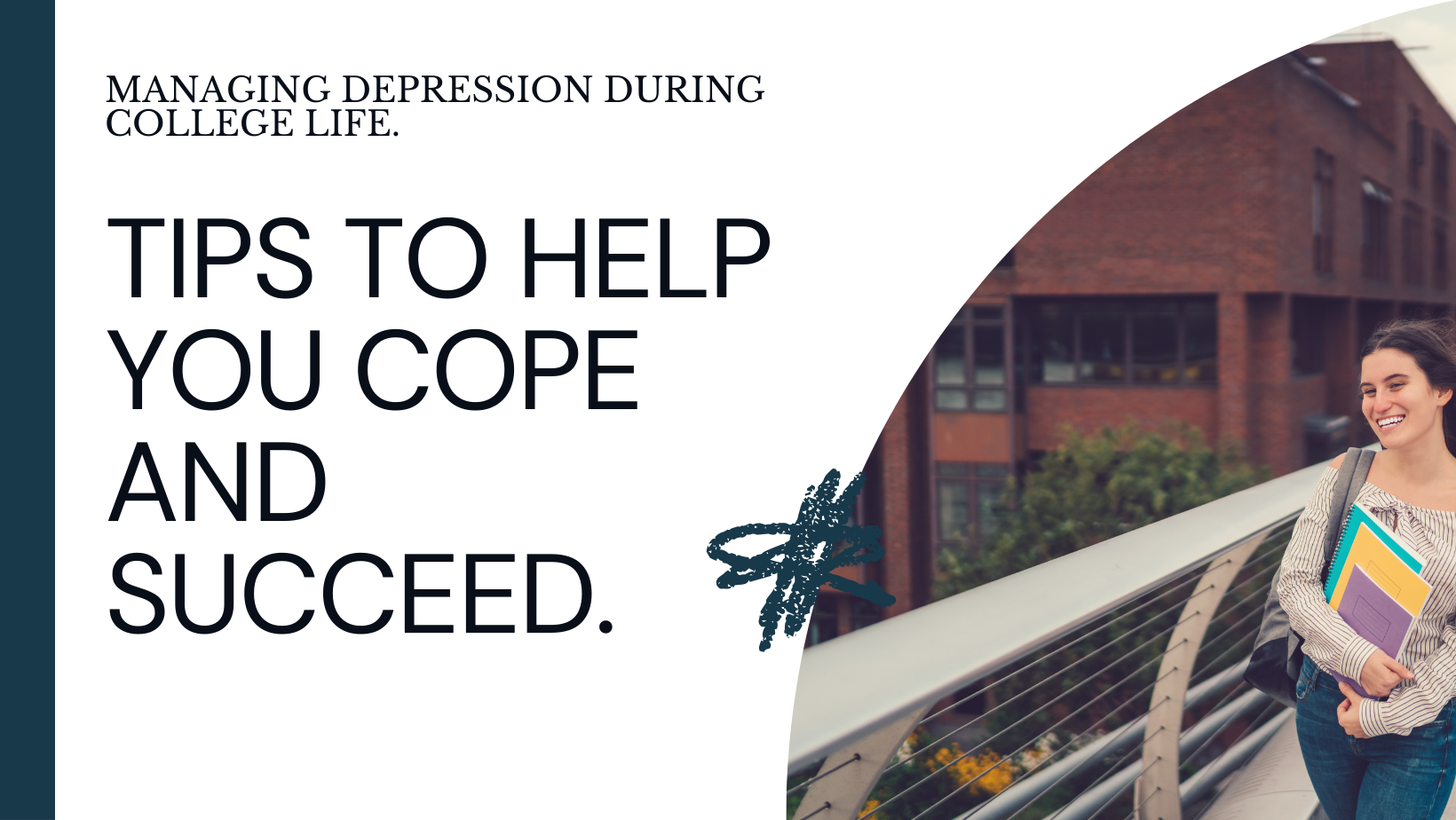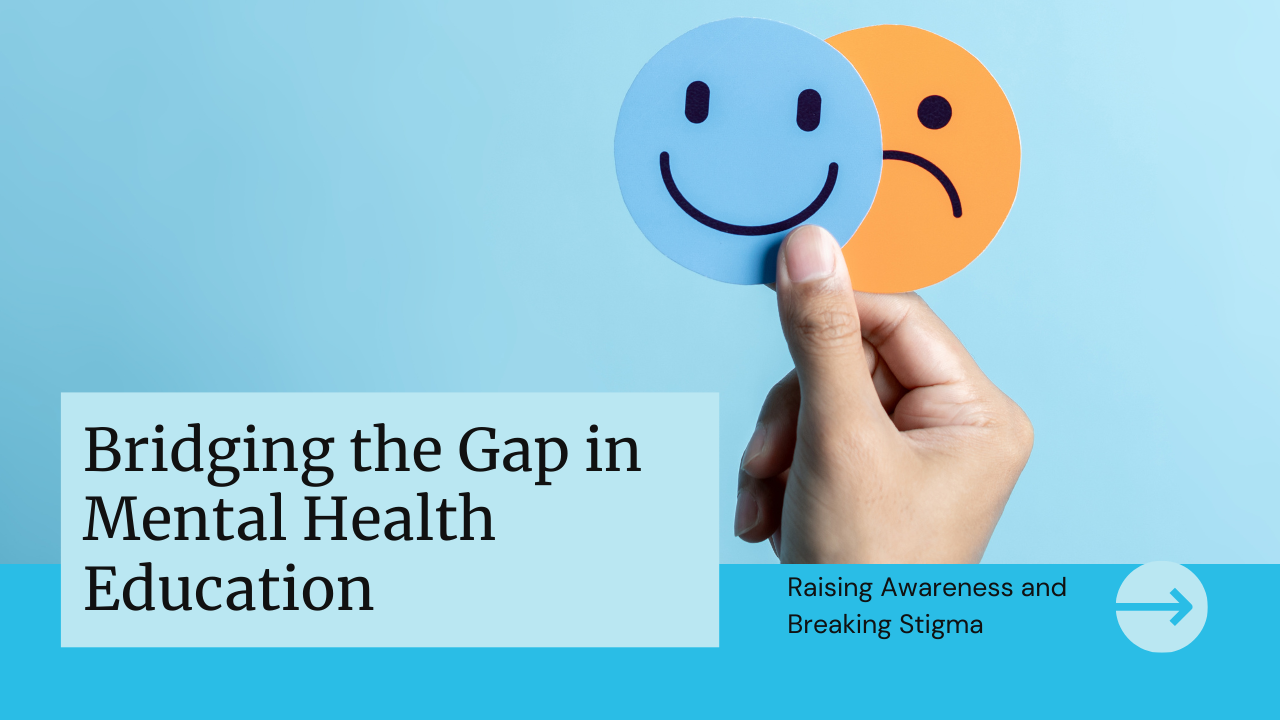Student Wellbeing

Parental Pressure and Mental Health: The Unspoken Struggle of Indian Youth
Parental expectations are a universal experience, but in India, they often come with immense pressure. From scoring high marks 📚 to securing a high-paying job 💼, the burden on Indian youth is immense. While parents want the best for their children, excessive expectations can take a toll on mental health, leading to anxiety, depression, and even suicidal thoughts.

The Mental Health Crisis Among Indian Students: What Can Be Done?
In recent years, the mental health crisis among Indian students has become a growing concern. The pressure to excel academically, social expectations, economic constraints, and personal struggles create a highly stressful environment that takes a toll on their mental well-being. While awareness about mental health is increasing, there is still a significant gap in access to proper care and support. Addressing this issue requires a collective effort from educational institutions, parents, policymakers, and mental health professionals.

Understanding and Managing Social Anxiety: Tips for Teenagers
Social anxiety is more common than most people realize, especially among teenagers who are navigating the challenges of school, friendships, social media, and family expectations. For teens facing social anxiety, the pressures of school, social gatherings, and public situations can feel overwhelming, sometimes resulting in avoidance, negative self-talk, or a sense of isolation. In India, as well as globally, social anxiety has seen an uptick, partly fueled by social media and academic pressures. Understanding and managing social anxiety is crucial for building confidence and enjoying life’s opportunities. Here’s an in-depth look at what social anxiety is, why it’s particularly prevalent during teenage years, and how to address it effectively.

The Long-Term Effects of Gaslighting: Healing and Rebuilding Confidence
Gaslighting is a form of psychological manipulation that causes someone to doubt their perceptions, emotions, or memories. Over time, gaslighting can erode a person’s self-worth and confidence, leading to profound and long-lasting effects on mental health. Though it’s often associated with romantic relationships, gaslighting can occur in various settings, including families, friendships, and workplaces. Understanding the toll it takes and how to heal from it is essential for anyone who has experienced this form of manipulation.

Financial Stress in Students: How It Affects Mental Wellness
Financial stress is a prevalent issue among students, impacting their mental health and academic performance. For many students, education represents the gateway to opportunities, but financial pressures can make this journey a stressful one. College expenses, loan burdens, and day-to-day expenses contribute to the overwhelming sense of financial insecurity. This financial stress is not just about a lack of money; it brings along emotional and psychological consequences that affect a student's well-being.

Mental Health for Students in India: Overcoming Academic Pressure
Academic pressure is a significant concern for students in India, where societal expectations, competition, and high-stakes exams weigh heavily on young minds. This pressure can lead to anxiety, depression, burnout, and other mental health challenges if not addressed effectively. Understanding how to manage academic stress while focusing on overall well-being is essential for students navigating the demanding educational landscape.

How to Calm Your Child's Wild Outbursts
Parenting is both a joyous and challenging journey, and dealing with wild outbursts from children can be particularly stressful. These outbursts, often characterized by intense and sometimes aggressive behavior, can stem from a variety of sources. Common causes include overwhelming emotions, lack of sleep, hunger, and frustration with communication or environmental constraints. For younger children, such outbursts might be part of normal development as they learn to regulate their emotions. However, frequent or very intense outbursts might indicate underlying issues such as stress, anxiety, or other emotional challenges.

College Blues Getting You Down? Tips to Manage Depression During Studies
College Blues Getting You Down? Tips to Manage Depression During Studies College is a time of exploration, learning, and growth. But for many students across India, it's also a period marked by stress, anxiety, and sometimes, depression. The transition to college life, coupled with academic pressures and personal adjustments, can be overwhelming. If you're feeling the college blues, you're not alone. Here are some actionable tips to help you manage depression during your studies, with a special focus on how CareMe Health can support you on this journey.

Mind Matters: Bridging the Gap in Mental Health Education
In India, a country buzzing with life, colors, and sounds, there's a quiet issue that doesn't get talked about much. Imagine this: out of every 10 people you know, about 1 or 2 might be struggling with something going on in their minds, like feeling really sad, worried, or stressed out. But here's the thing – most folks don't get the help they need. It's like having a bad cough that never gets checked because you don't know you can see a doctor or are too shy to talk about it.

Teen Talk: Fostering Respect and Communication Between Generations
In today's fast-paced digital age, the art of healthy communication between teenagers and adults has never been more critical. The advent of technology and the internet has reshaped the landscape of human interactions, bringing unique challenges to the forefront of familial relationships. Teenagers, who are at a pivotal stage of development, find themselves navigating a world vastly different from that of their parents' youth. This generational divide, amplified by digital communication platforms, can often lead to misunderstandings and a disconnect between family members

Let Them Be Free, Give Them Wings
Peer pressures are on the full throttle during these years of adolescence.

Overcoming Procrastination: A Guide To Beating Exam Fever
Exam fever is a term one uses to refer to the gamut of emotions you experience when faced with an examination.

Elevate Student Mental Health: Careme Health’s Powerful Solution In Crisis Times
In recent years, the mental well-being of young students has become a major public health concern.

5 Most Effective Ways To Conquer Stage Fright Suggested By Psychologists
Have a speech to make? Doing a presentation at work or at school? Giving a casual talk to a group?

How To Support A Child With Mental Health Issues
Mental health is a critical aspect of a person’s overall well-being, and it is essential to provide the necessary support to children who are facing mental health issues.